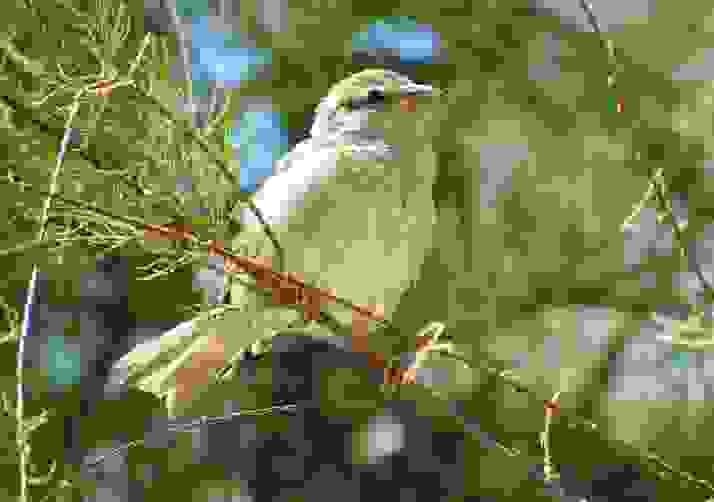Mama said the dresses that fluttered from our porch railing were flags. They were for when we started our own country. I said when would that be and she said when the next hurricane hits and then she squinted, like she could tell the future just by looking. That was last December, so I figured it would be a while.
In the meantime, I started thinking about what our country would be like and who’d get to be there, like definitely not any no-good dads or anyone in a truck that parked over the line at the grocery store or anyone that worked for the government. In my experience, none of those people had the kind of sense of humor our new country would need.
I figured every new country needed people who could laugh at themselves, especially in the beginning.
Not having anyone who worked for the government, that was the toughest one, since a new country needed somebody in charge, but Mama always said why couldn’t the government be run by regular people, and I thought, well, here’s our chance. Maybe we could have a government that ran on our front porch, a government of hard-eyed women in dirty camping chairs. They could park their RVs on our dead grass and defend our borders with hunting guns. If anybody tried to mess with us, they’d just laugh, the kind of laugh that made sandpaper jealous.
Next, I assessed our natural resources. Once upon a time we’d had a garden, but it was mostly flowers, and they were all dead now anyway. It was my job to water, and I’d forgot, and Mama said their deaths were on my head. We called it The Graveyard now and buried little dead animals in there when they turned up on our porch. Maybe someone else could be in charge of food and landscaping. I’d heard that dead, rotting things were good for the next round of the living.
Other than that, our store was small: one pantry survey revealed a bag of coffee filters, cereal, ketchup, mustard, and some milk. It’d be nice if we could arrange for a hurricane to hit right after payday, when the soda was plentiful and there was more than one box of Rice-A-Roni around.
Mama saw me looking in the cupboard and started asking some questions, suspicious of my motives. Even though I’m her daughter, when it comes to the pantry it’s everyone for themselves, and I have to be stealthy to get extra.
As an informal policy, it worked great, but as a law, I felt it might be worth revisiting. In every country, there are tough people and weak people. In every country, there are people who need more and people who need less. If we were going to open up our borders to anyone besides me and Mama, there would have to be some kind of policy about food that made sure that the weak folks still got some.
I didn’t know how that idea would go over in an everyone-for-themselves kind of environment, but it was worth floating anyway.
Now: the terrain. It was hard to say exactly where we’d draw the line between us and everybody else since it wasn’t like there was a fence or anything. And I wasn’t sure how we’d let people know about the new development, especially since we’d have to recruit a few of them to come over here. But that shouldn’t be so hard, since Mama’s friends were none too keen on the government the way it was, thought they could do it better with their eyes closed.
There’d have to be some kind of test, I decided, some kind of test to make sure they were serious, to make sure they’d really want to be here and not there. When Mama had her work buddies over and they were nice and beer-drunk, I sat myself down right in the middle, and asked like I had nothing at stake, if they could start their own country, would they do it? And they all laughed and said boy would they, but none of them leaned in and looked me in the eye and said, now there’s an idea.
Meanwhile the dresses on the porch were looking dirtier every day, and they hardly looked like flag material now. Anyway, Mama didn’t exactly put them out there as a signal of rebellion, did she? Didn’t they just fall off dad’s truck when he left, those dresses she was going to give away? Like the last piece of her saying, fine, go, finally giving up on him, like she was letting go of his truck back and getting tumbled out in the dirt?
Now that I’ve given it a lot of thought, I just think that’s no thing to stake your independence on, your freedom. On something you didn’t even want anyway, on some sad thing that’s not even trying to fly like a flag, that’s just limp and losing its shape and fading. That’s no thing to hold up a whole country, even if it is just me and Mama. And I don’t think I’m ready to look after anyone else, not yet.



